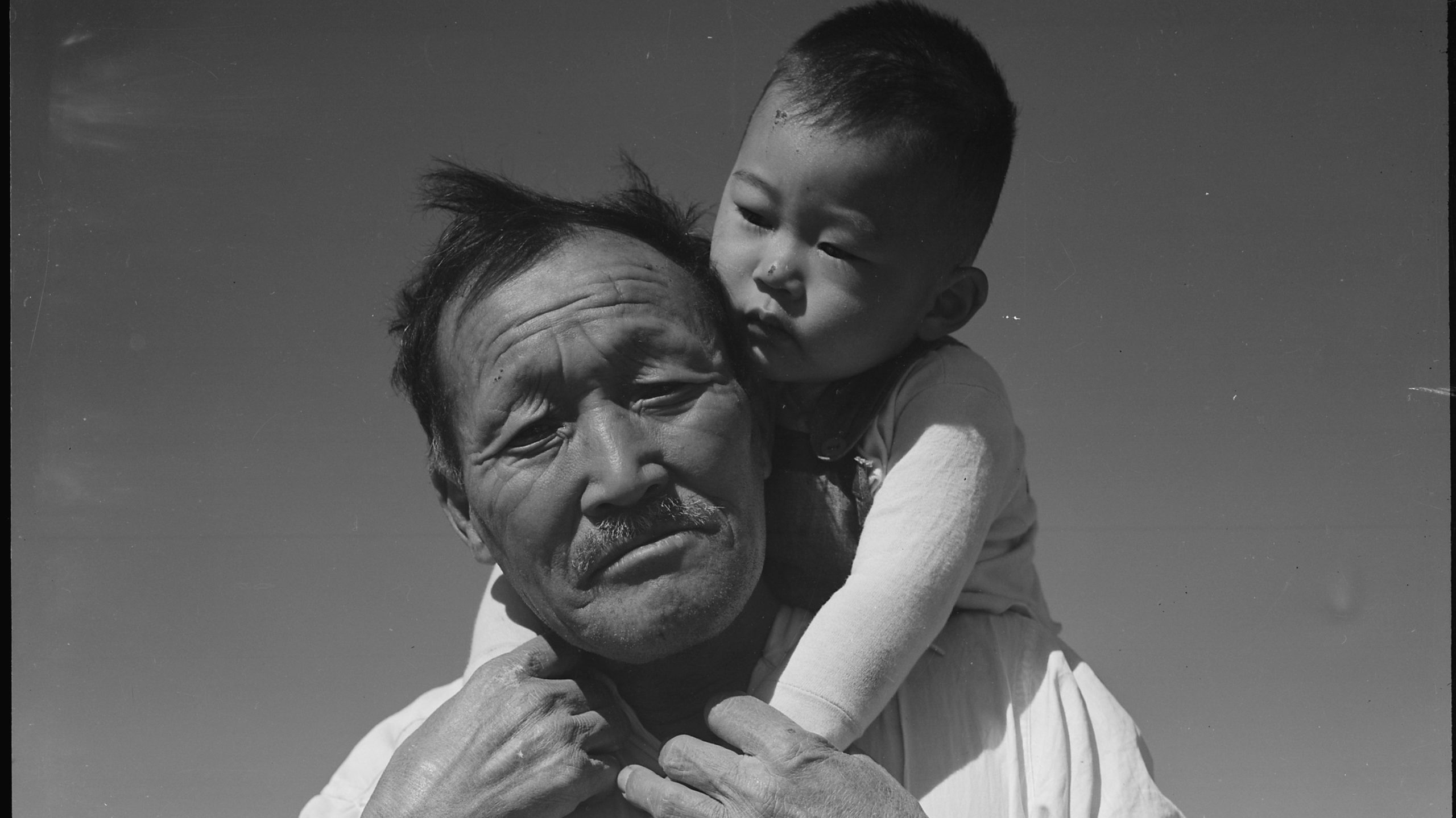
Psalm 71:1-6
A Women’s Lectionary – Proper 19
1 In you, O Lord,I I take refuge;II
let me neverIII be put to shame.IV
2 In your righteousnessV deliverVI me and rescueVII me;
inclineVIII your earIX to me and saveX me.
3 BeXI to me a rockXII of refuge,XIII, XIV
a strong fortress, to save me,
for you are my rockXV and my fortress.XVI
4 Rescue me, O my God,XVII from the handXVIII of the wicked,XIX
from the graspXX of the unjustXXI and cruel.XXII
5 For you, O Lord,XXIII are my hope,XXIV
my trust,XXV O Lord,XXVI from my youth.XXVII
6 Upon you I have leanedXXVIII from my birth;XXIX
it was you who tookXXX me from my mother’sXXXI womb.XXXII
My praiseXXXIII is continuallyXXXIV of you.
Image credit: “Manzanar Relocation Center, Manzanar, California. Grandfather and grandson of Japanese ancestry at this War Relocation Authority center” by Dorothea Lange of the Department of the Interior. War Relocation Authority, 1942.
